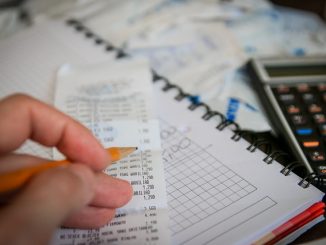This story is creating something of a stir: gold dealers are up in arms over a provision buried in the thousands of pages of mind numbing verbiage of the health care law. The provision requires firms to submit a 1099 for “purchases of all goods and services by small businesses and self-employed people that exceed $600 during a calendar year.” Gold dealers are peeved because with gold at $1000+ an ounce, virtually every purchase and sale they do will require submission of a 1099.
The ostensible purpose of this provision is to permit the IRS to capture billions of dollars of taxes on transactions that currently go unreported. That was necessary to make the health care bill pay for itself. Or, I should say, it was necessary to make pretend that the health care bill pays for itself. Any sentient being knows that it can’t, won’t, and never will, blizzards of 1099s or no.
But there is something more worrisome about this provision. Virtually exhaustive documentation of transactions is necessary to make a value added tax work. I suspect, therefore, that the true motive–or at least, a collateral benefit, in the eyes of our tax junkies in Washington–of this provision is to lay the administrative and operational foundation for the adoption of a VAT. Just saying.
- Bulenox: Get 45% to 91% OFF ... Use Discount Code: UNO
- Risk Our Money Not Yours | Get 50% to 90% OFF ... Use Discount Code: MMBVBKSM
Disclaimer: This page contains affiliate links. If you choose to make a purchase after clicking a link, we may receive a commission at no additional cost to you. Thank you for your support!




Leave a Reply